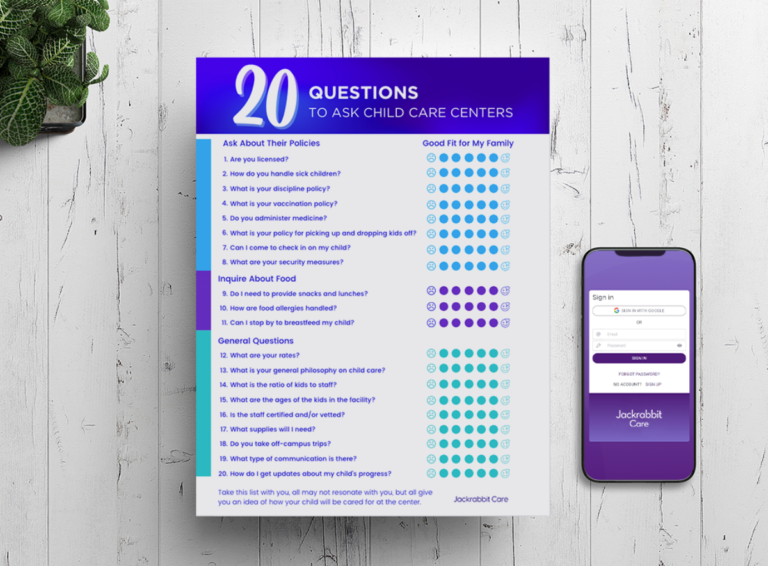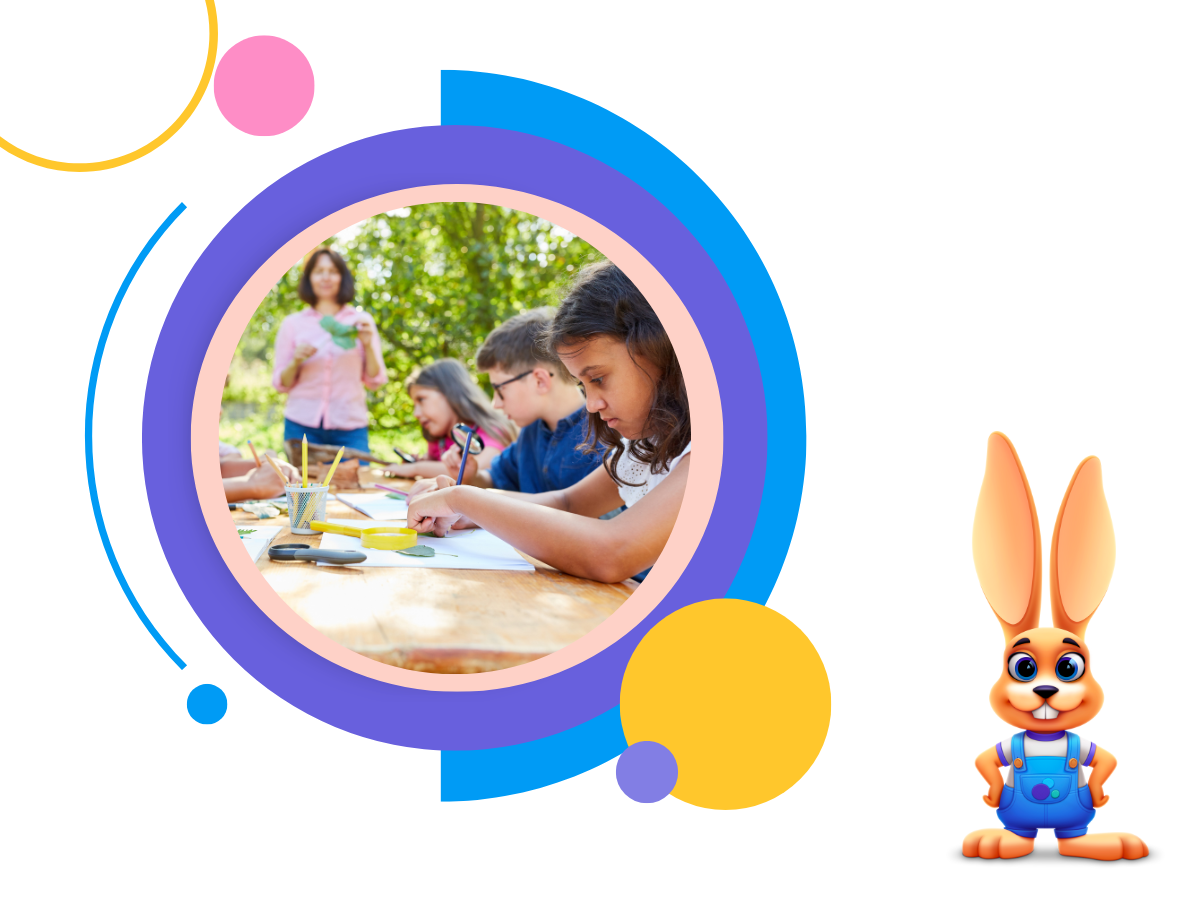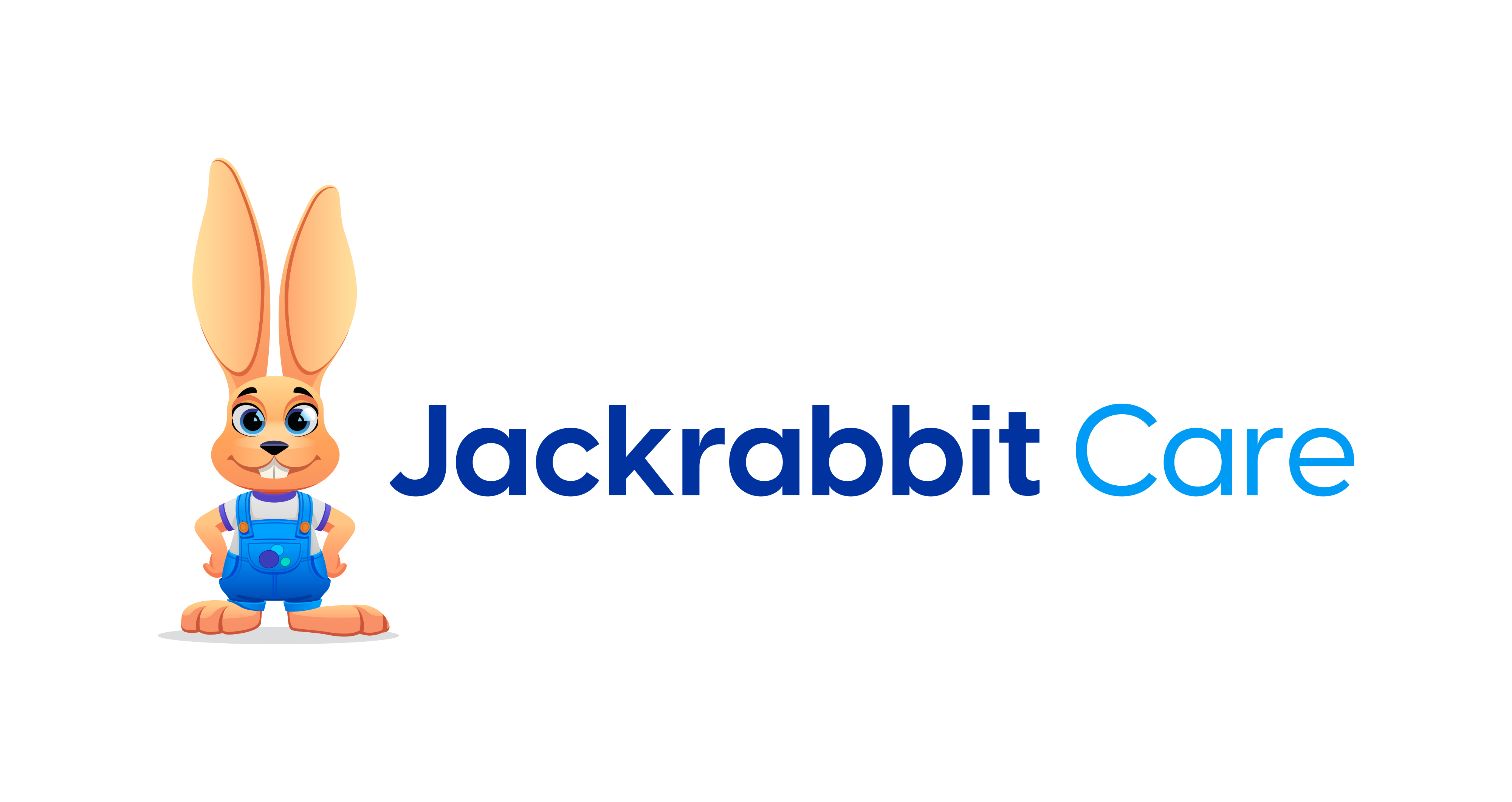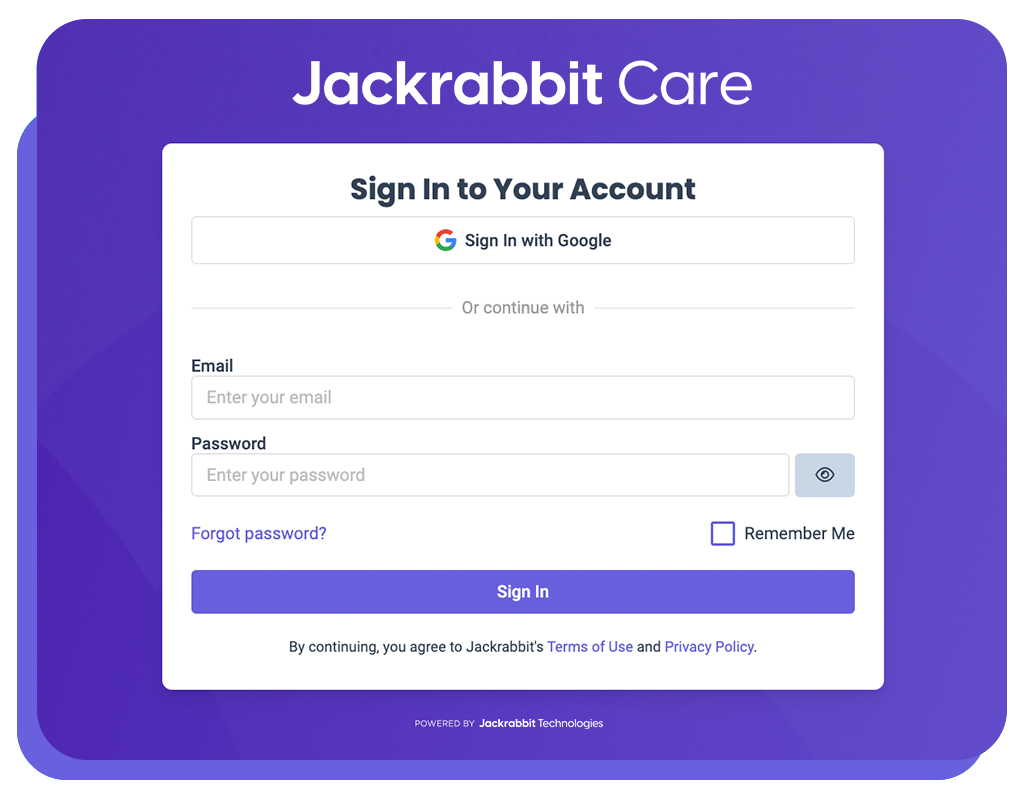When you read this title, you may have said to yourself, “What do you mean ‘for a child to learn?’” We’re born with unbridled curiosity. In fact, one of the things a parent does most is to wipe surfaces down that have baby drool on them from the latest touch of their ever exploring child. You simply can’t keep a child from grabbing, touching, hitting, gnawing, and drooling on everything they can reach.
This is because from the very beginning children are trying to understand the world around them. We continue this quest through adulthood because there is always something new to absorb and learn. At least that is what we SHOULD be doing. But more and more and earlier and earlier, children are being placed in front of TVs and movie screens or have computer games, tablets, and computers shoved into their hands. For some reason, free time to explore became bad and constant entertainment became good. Think about the adult version of this. What do you do if you’re left alone in the doctor’s waiting room with no magazines or TV? Plus, add to that the fact that you didn’t charge your phone so you don’t even have that device to feed your entertainment need. Do you still know how to fill your time? To occupy your mind?
We need to back up.
If we don’t give children time to explore when they are tiny, they won’t even be able to forget how to be curious because they will never know.
Our device-laden, entertainment, dependent lifestyle encourages (and allows) us to be intellectually self-sufficient. We have everything we need in the device in our pockets, so why stretch the mind to consider a different way of doing something or be able to develop an opinion through experience.
Developing curiosity helps a child to be willing and able to continually grow, learn and question what is around them. It helps to develop an imagination and sense of creativity that gives them the basic tools they need to be successful adults.
In today’s hyper-competitive educational environment, parents tend to focus on the “hard” skills sets in their children’s development: reading, writing, math, science. What is skipped over in this scenario are the “soft” skills like curiosity and creativity that give the academic knowledge of the “hard” skills usefulness in the real world.
Who is a child with a curious nature?
- A child who daydreams about being an astronaut.
- A child that puts together their own very unique outfits in the mornings.
- A child who doodles and draws.
- A child that isn’t satisfied with a one-sentence answer to a question that they may ask such as “Why did the dinosaurs die?
- An older child that sets up a lemonade stand or helps a neighbor out with chores to raise money for a toy.
Very simply stated: A child that doesn’t develop curiosity is not going to be an adult who innovates. This is an important skill today, but in 15 years, when your three year old graduates high school, these skills will be a necessity to have a hope for excelling in college and in a career.
There are some other pretty compelling reasons to inspire curiosity in children:
- Counteracts boredom
A good guess might be that 90% of the trouble that kids get into starts with boredom. Healthy curiosity gives children the ability to go “un-entertained” without incident.
Crying and acting out when Mommy and Daddy leave can spring from too much dependence on them for entertainment.
- Cultivates an active mind
If a child can imagine, he can occupy and entertain himself successfully. He is also more likely to be able to figure things out in a variety of situations – on the fly. This encourages the child to be more self-sufficient – which is a progression that must be made to successfully start first grade or even nursery school.
Curiosity basically makes a child able to solve his own problems.
- Inspires persistence
If you can’t think of alternate ways of doing things, you will quit. A “burning curiosity” refers to an undismissable impulse to know why, what, how. A curious child has to know more and won’t quit until they do. Keep answering their incessant questions. This persistence can also be resilience. Curiosity helps a child to be undeterred when they have to try multiple times to succeed.
- Counteracts self-absorption
Curious children are aware of what is going on around them and don’t usually see themselves as the center of the universe. Curiosity also gives children drive to always be reaching for the next milestone.
In other words, curious children are less likely to be selfish, spoiled, entitled, and materialistic.
- Sets up long-term success
Look back at history. Who were the people who had the biggest impact? They asked Why? or How can I make this better? Or How do I solve this problem? Adults who aren’t curious do well enough, but they are rarely influential. Forget the influential part and deduce it to this: those who ask questions and refuse to accept the status quo transform, lead, live adventurous lives, and are personally happiest. If an adult was a curious child, do they typically explore or escape? Reach for their dreams or try not to fail? Curiosity can make the difference.
Developing curiosity is not a from-scratch process.
Since babies are innately curious, helping them to develop this skill isn’t something that has to start from scratch. It does need to be fostered, encouraged, and inspired. Most adults who do this end up having fun and becoming more curious in the process.
How can curiosity be cultivated in children?
- Teach them to be flexible thinkers and doers.
- Encourage (and allow) them to make their own choices.
- Help them feel confident and competent enough to explore.
- Support and share in their exploration and discovery.
- Interject novelty and challenge into their routines.
- Leave a little leeway for curiosity to grow.
Sensory play is an amazing inspiration to a child’s curiosity. Sensory play is all about giving children the freedom and encouraging them to reach out to what is around them and become a part the world’s experiences.

Asking questions and sparking their thought process is something that is easily done with children. Talk to them and ask them simple questions that encourage them to think about what they are experiencing. How does the grass feel against your feet? Do you hear the sound your kitty makes? Even babies who can’t form the sentence to answer pick up on action words like feel and hear. By asking intentional questions, you stretch a child’s mind and reasoning ability, and encourage their creativity and independence.
The scientific research is clear that children who often experience curiosity and wonder, and act on these feelings to explore their world fare better at school, in relationships, at work, and end up being intelligent, creative, satisfied people.
They just need to be encouraged to explore and given the space and freedom to discover.























